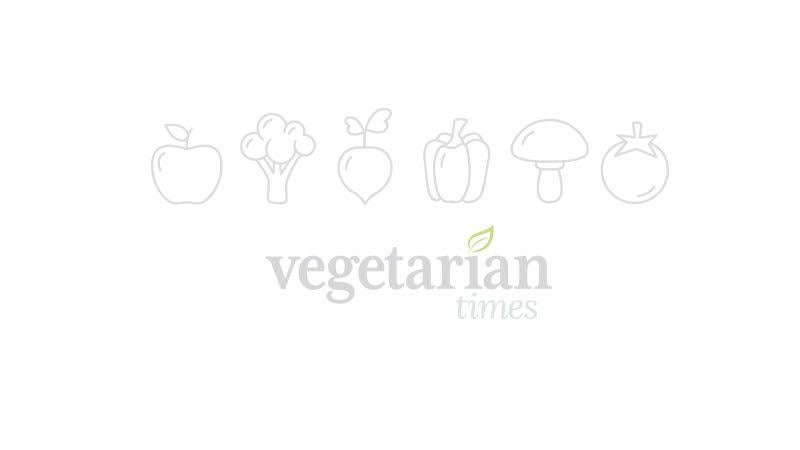From Father to Son

When I was growing up, farmers used to say that corn should be “knee high by the Fourth of July.” That was before the wonders of modern agriculture made any such achievement seem meager indeed. But to those of us fortunate enough to be farmers’ sons, the fact that corn comes up at all will always have something of the miraculous about it-something bound up in the cycles of life, death and resurrection.
It has now been 15 years since we buried my father on the slope of a hillside cemetery 5 miles from the cornfields where, from early childhood, he was put to work. Like millions of farm boys, my father eventually left the land for a career in the city. But nothing made him feel more alive than going back on weekends to the farm where he was born and raised-and which, in time, he inherited. He was clearing brush when he died, 5 minutes by foot from where—25 years earlier—he had discovered his own father, slumped over in the barn, to plow and plant no more.
Midsummer on a farm is no time for relaxing, but at least it lacks spring’s near-maddening impatience with the death-like grip of winter’s enforced inactivity. The cold ground thaws, but the weather otherwise defies the vigorous outdoorsman’s deepest longings. Eventually, the rains of April cease, the farmer climbs with a gratified groan onto the tractor and planting begins. Before long, the first shoots of corn turn acreage from brown to green. By July, the corn stands tall; by autumn, it’s in the silo.
I wonder, sometimes, what corn must be to city kids except something that comes in a bag that is thrust into a microwave oven, then ripped open, its contents gobbled down while the gobblers’ attention remains riveted to the cavorting pixels of a big-screen TV. “Corn on the Cob,” to too many urban dwellers, might be just another flavor, like Blast o’ Butter.
It doesn’t have to be that way. One late summer day, a few years ago, I pulled my car to the edge of a cornfield and bid my older son, who was six or seven at the time, to join me outside the car. The two of us, father and son, ventured into the field, where I pulled off an ear of corn, handed it to him and asked him to remove the husks. I selected as plump an ear as I could find, something I’d been taught to do many summers ago at corn-pickin’ time. As my daddy drove the tractor, the corn picker fired ear after ear into the wagon, where my brother and I bounced along, inspecting them as quickly as possible and tossing the choicest specimens into bushel baskets. (What the objective of this exercise might have been, neither my brother nor I have any idea.)
Although this son of mine is well acquainted with Orville Redenbacher, he never met his own grandfather, who died 3 years before he was born. He never got to spend his boyhood, as I did, looking for arrowheads in the plowed earth in springtime, riding behind in the wagon at harvest time or leading imaginary cavalry charges through the stubble of cornfields in autumn.
But he knows what farms are like because we see them from the highway, and he listens to my stories—a poor substitute, but better than nothing.
“Can we take it home?” he asked, inspecting the neat rows of kernels on the ear I handed him.
“Of course we can,” I said.
“Won’t the farmer miss it?” he asked.
“No,” I said, thinking how farmers, of all people, know that fathers must teach their sons to love the land that feeds them. “No, I’m sure he’d understand.”